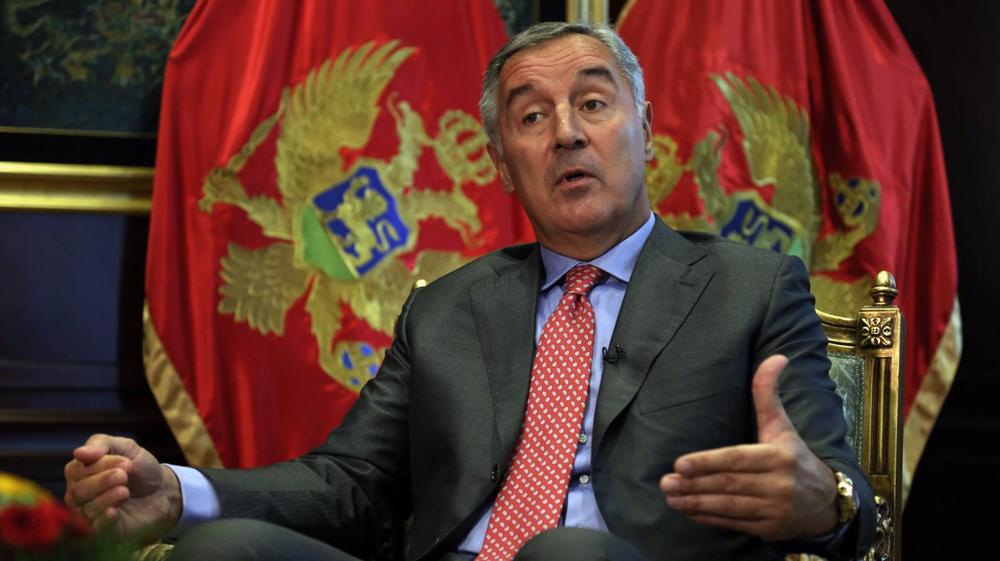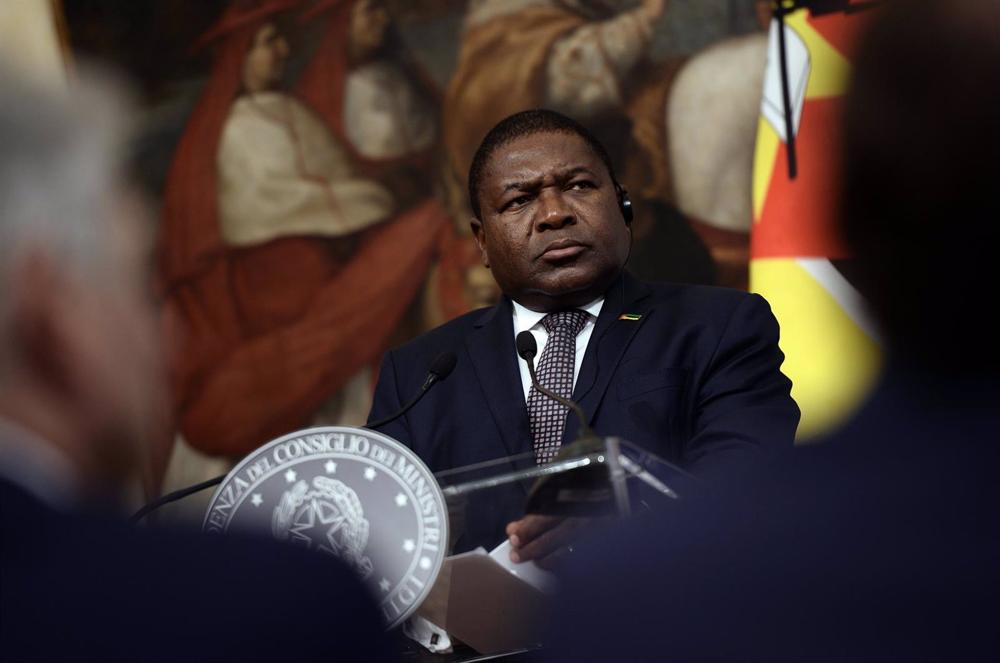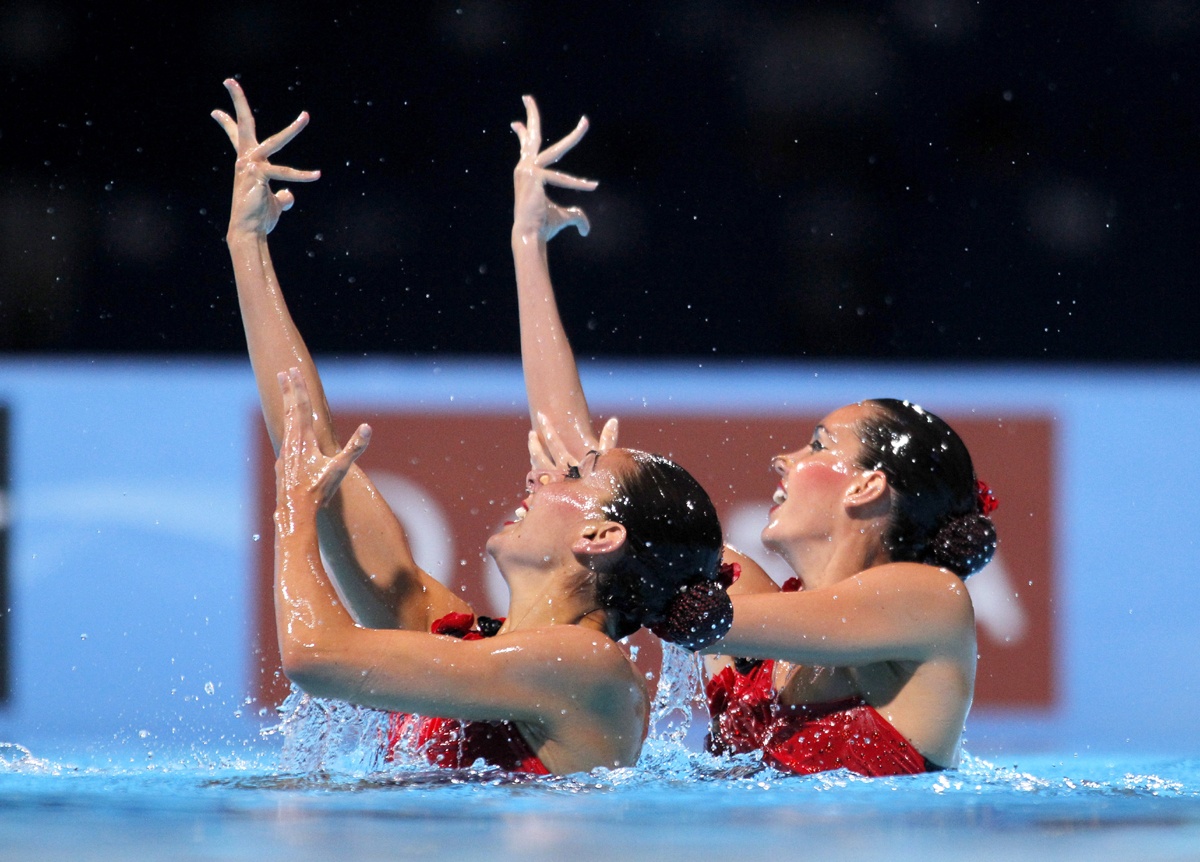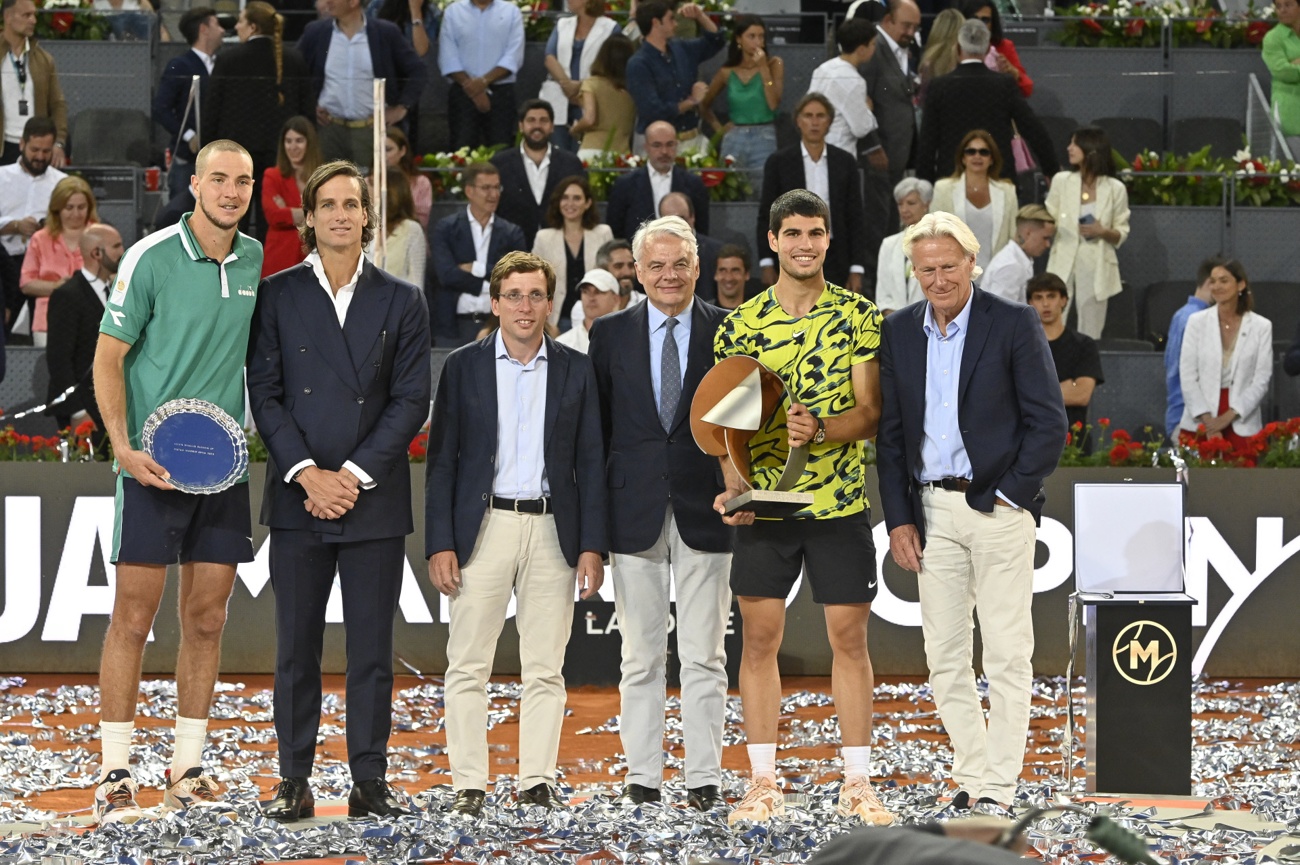
Montenegro’s President Milo Djukanovic and former Economy Minister Jakov Milatovic face two opposing models of Europeanism in the second round of the country’s presidential elections amid an uncertain outcome and an even more uncertain future given the political weakness of a country that has not formed a stable executive for three years.
In the first round in March, Djukanovic won 35.3 percent of the vote, followed by Milatovic, leader of the Europe Now Movement, with 28.9 percent of the vote, but analysts predict a much tighter race now that only the two remain in contention.
Although Djukanovic has practically led the country for three decades, either as president or as prime minister, this runoff could mean the continuation of the painful defeat the party suffered in the 2020 legislative elections in favor of an unstable coalition of three opposition blocs.
Milatovic, 37 years old, appears as a regenerative candidate, far from the corruption scandals that have affected Djukanovic from time to time, and who presents a model of international relations, in principle, more neighborly than that of the current president by betting both on EU integration and on the development of relations with Serbia (and with Russia, by extension).
Djukanovic, on the other hand, has sought to mobilize the voters of the non-Serbian national minorities, such as the Albanians and Bosnians, who have supported him in the past, explain the analysts of the U.S. international public broadcaster Radio Free Liberty.
These elections will also serve as a test run for the early parliamentary elections on June 11, which will be a new attempt to consolidate government after last month, just before the first round, Djukanovic dissolved the Parliament after the expiration of the three-month deadline for the Prime Minister-designate, Miodrag Lekic, of the conservative liberal Democratic Democratic Alliance (DEMOS) to try to form an executive.
In August, the Montenegrin Parliament passed a motion of censure against the government of Dritan Abazovic, who to this day continues to serve as chief executive despite his defeat.
The fall of Abazovic, of the small environmentalist URA party, came precisely after Djukanovic’s loss of support. Since then, the political crisis in the country has only worsened and stood in the way, until the outbreak of the relatively comfortable crisis, of Montenegro’s accession to the EU.
Source: (EUROPA PRESS)






